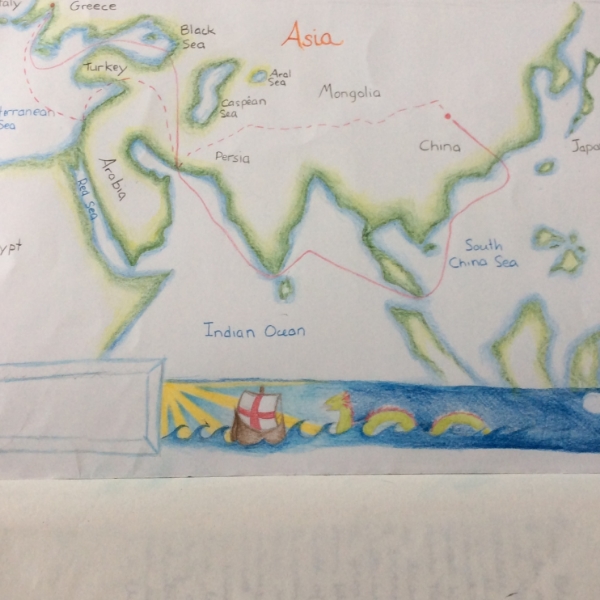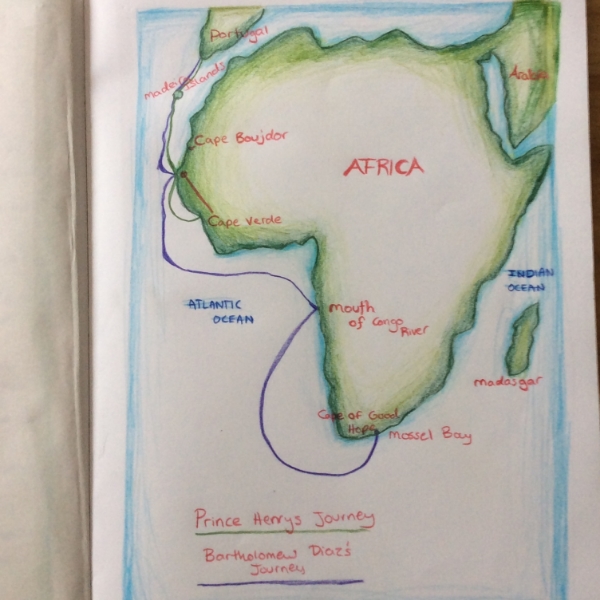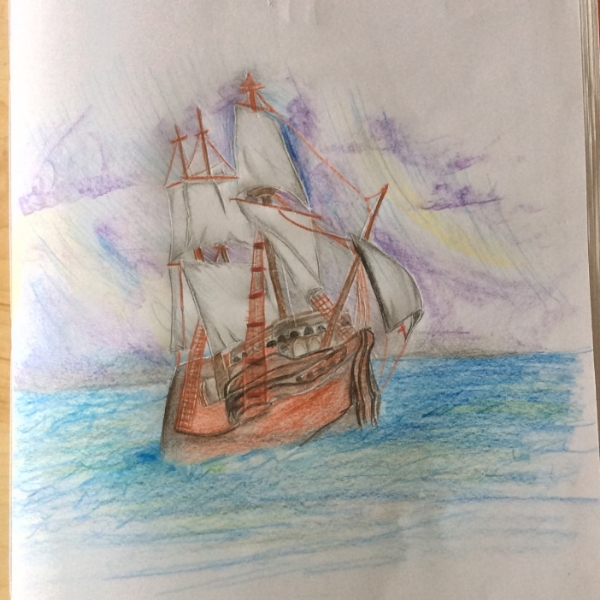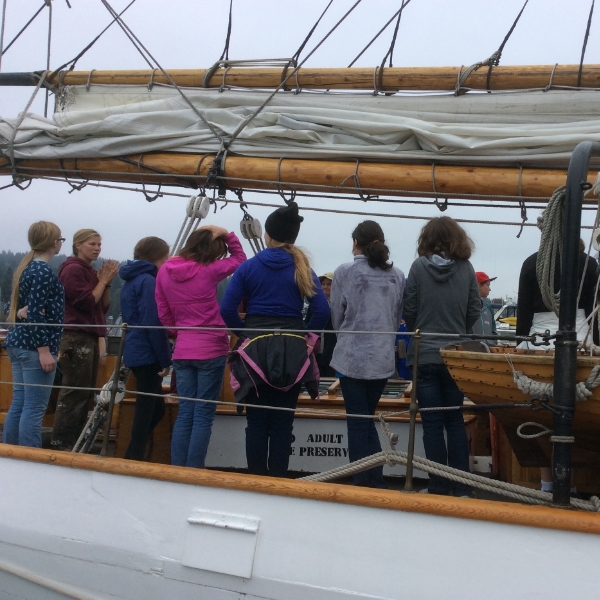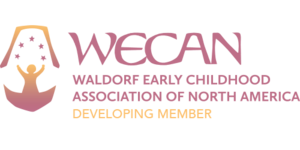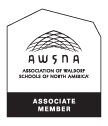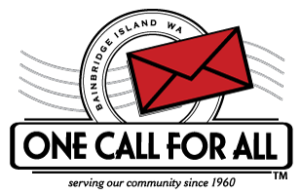Our 7th graders began their new year with a block on the Age of Exploration. Ms. Stanley, our 7th grade teacher, recently wrote to her class parents: "The Renaissance voyages of discovery rank as one of history's two or three most important phenomena in terms of their effect on the modern world. In roughly two centuries, from about 1420 to 1620, the world changed completely and forever. A few hundred curious, daring, imaginative, reckless and determined men redrew the map of the world. They changed the world's eating habits; they caused the downfall of civilizations and contributed to the rise of others; they pushed forward the sciences of map making and navigation; and they put their European stamp on two entire continents. Exploration and discovery go on all the time, but the 15th and 16th centuries are known as the age of exploration because of the dramatic burst of activity that resulted in nearly quadrupling the known extent of the world.
In this block we have studied Marco Polo who was the first person to travel the entire length of the Silk Road in 1271. The fantastic stories he brought back about Kublai Khan's empire fueled the desire of Europeans to reach China by an easier means than the year long journey across the continent.
We learned about Prince Henry of Portugal, who set up an observatory from which he conceived, planned, and organized expeditions along the west coast of Africa. He is also known as Henry the Navigator although he never left home himself. It was another Portuguese, Bartolomeu Dias who, blown about by a violent storm, was the first to pass the Cape of Good Hope....
Of course we did not forget Ferdinand Magellan who circumnavigated the globe in a gruesome journey of three years.
This block ended with our own amazing sailing trip on the Adventuress in the Puget Sound."
--edited from the weekly school newsletter, October 6, 2015

